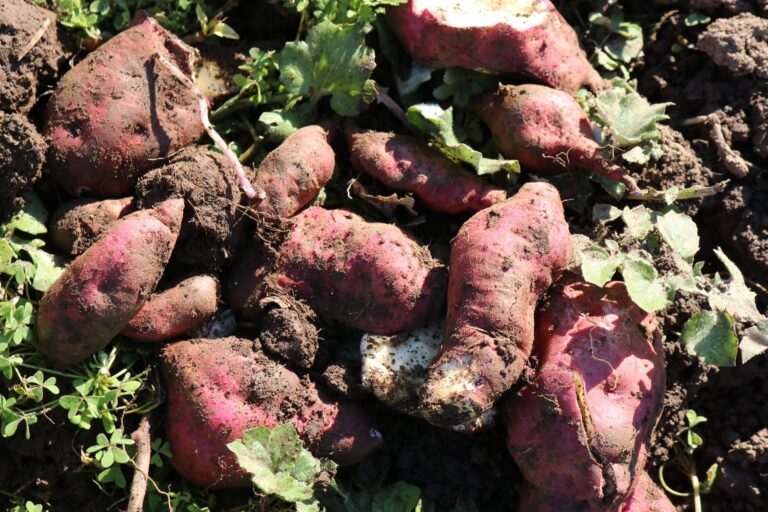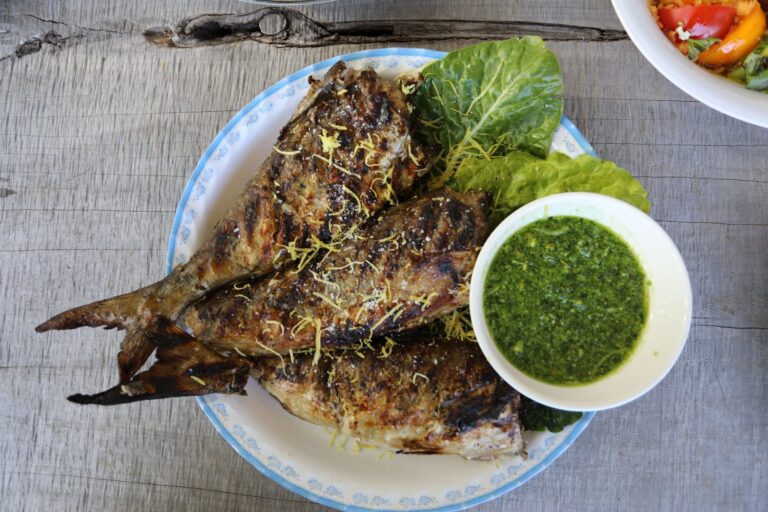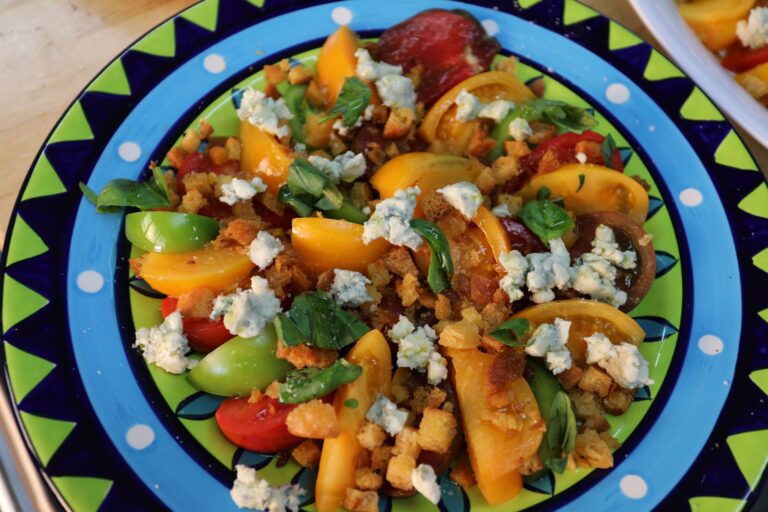Drive down the main strip in Māngere, South Auckland and the aroma of fried chicken, freshly baked bread and deep fried donuts waft through the air.
This is the reality of living in Māngere, nutrient poor & calorie rich food available for all at irresistibly low prices.
Nestled quietly in the centre of it all is Papatūānuku Marae, a green haven of respite from the congested food hub of Māngere Town Centre.
Marae Kaitiaki, Lionel Hotene understands the communities need for nutrient dense kai, organic kai and how overall gut health is key to Māori physical health and mental wellbeing.
His family has been growing kumara on the marae grounds for nearly 5 decades and he’s built a reputation for being a leader in Hua Parakore (organic gardening).
Hua Parakore certification is an indigenous validation system for kai production, a kaupapa Māori programme that ensures produce is free from herbicides, pesticides, genetic modification and chemicals. It also means its holders are using growing methods that align with traditional Māori practice.

“The story behind our food is part of Hua Parekore certification, we are able to trace our seed and give the full whakapapa (history) of the kai.”
“What you put in your stomach helps you to think, it helps you physically and it connects you to Papatūānuku.
“Our ancestors understood the importance of gut health, our Māori people already knew that kōrero way back,” says Lionel.
It’s that understanding and unique food story that attracted Canadian Chef, Eric Pateman and his film crew from the show, Edible Planet, to Papatūānuku Marae.
The crew have spent four weeks in New Zealand searching for Aotearoa’s unique food story to be part of a pilot episode intended for worldwide streaming service provider, Netflix.
Eric Pateman says for food culture to evolve as a destination you need a foundation.
“Māori is that foundational piece of Auckland and New Zealand, it’s something that hasn’t really been discovered or brought to the forefront.”

Eric and his crew celebrated their time spent in New Zealand with a hākari (feast) held at Papatūānuku Marae at the end of November with Pateman cooking up a storm over the fire and in the kitchen.
The alfresco dining experience is what Pateman says is part of New Zealand’s casual dining culture.
Guests devoured fresh snapper and bone marrow seared over an open fire and freshly chopped tomatoes were plated with locally sourced buffalo cheese.

Healthy Families South Auckland has worked alongside Papatūānuku Marae to bring Indigenous Māori food systems to the forefront of the community by creating partnerships that see locals like Lionel recognised and celebrated.
Healthy Families South Auckland Kaiarahi, Mason Ngawhika says The South Auckland region was once the food bowl of Auckland.
“It’s rich volcanic soils and sub-tropical climates and two large harbours meant the areawas once bursting with kai. We need to return to some semblance of a natural food system, of growing kai, preparing kai and cooking kai.”
Pateman shares the sentiment.
“Just grow something, cook something, you have abundance and rich soil in New Zealand, and that’s where the beauty lies,” he says.